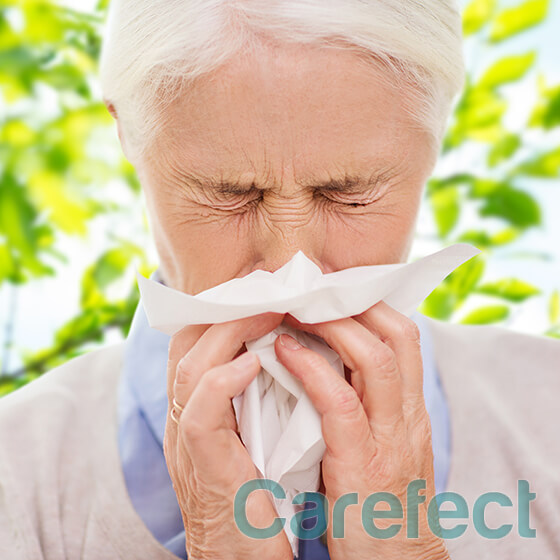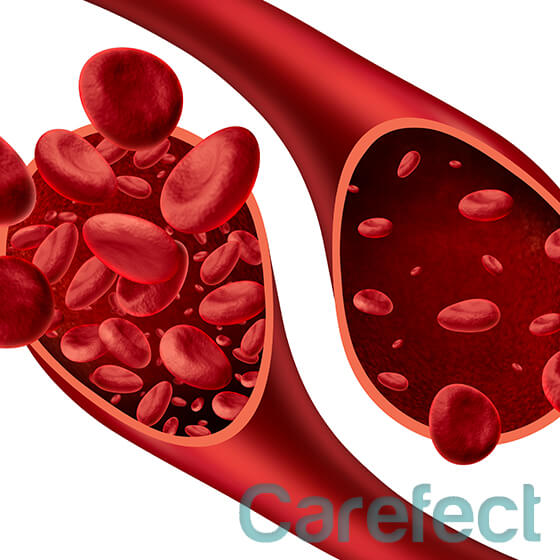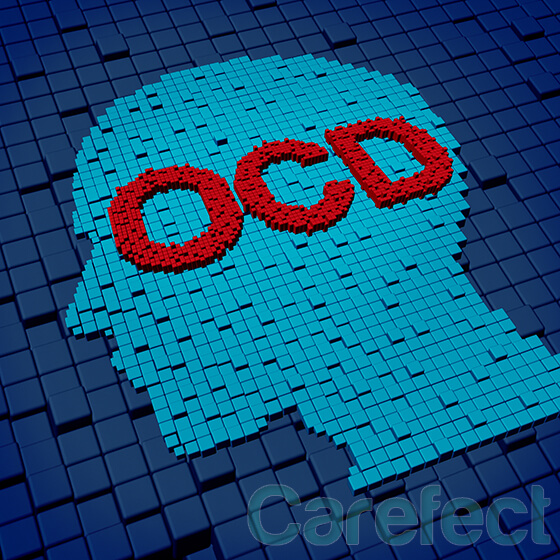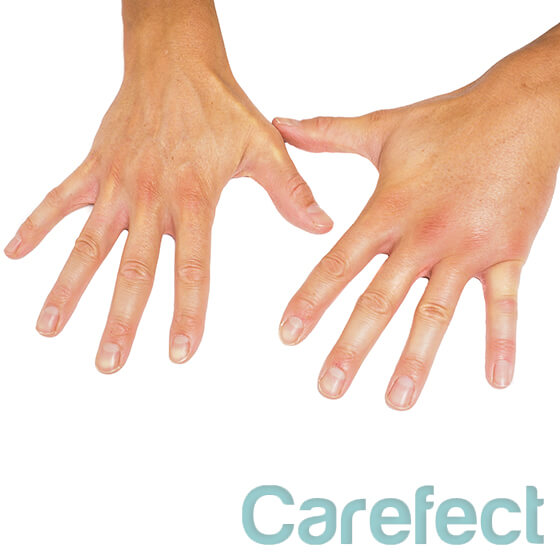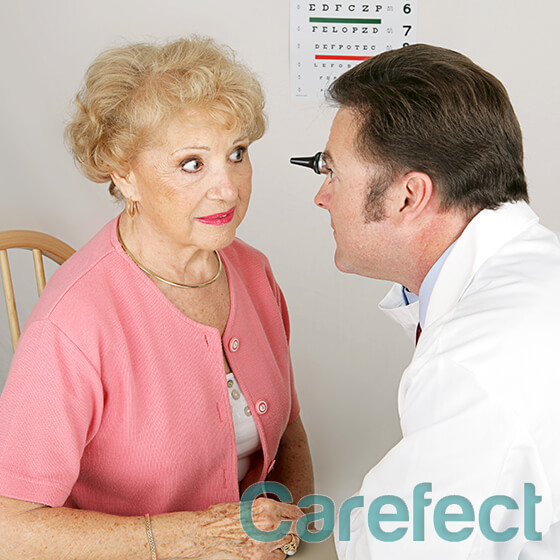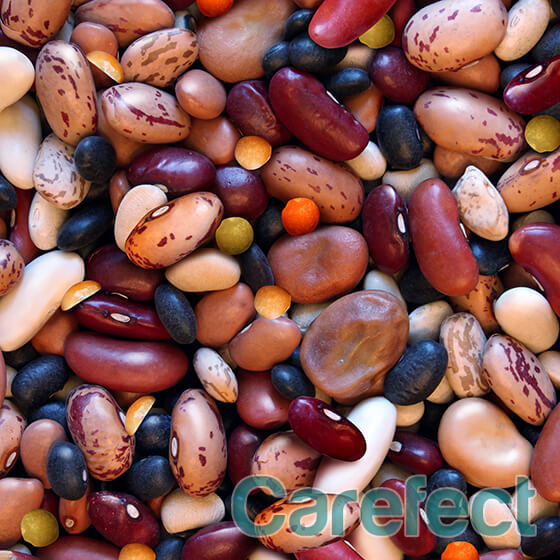Caring for an Elderly Loved One with Celiac Disease
While celiac disease and gluten intolerance have a long history, research and information have become more prevalent in the last couple of years. Celiac disease is a chronic digestive and immune disorder in which the ingestion of gluten damages the small intestine. Due to its increased recognizable symptoms, more people and doctors are recognizing how prevalent it is in the population and how to accommodate using gluten-free food. Celiac disease is more prevalent in people who are more genetically predisposed to food sensitivities and will have increased issues consuming foods...Read More
